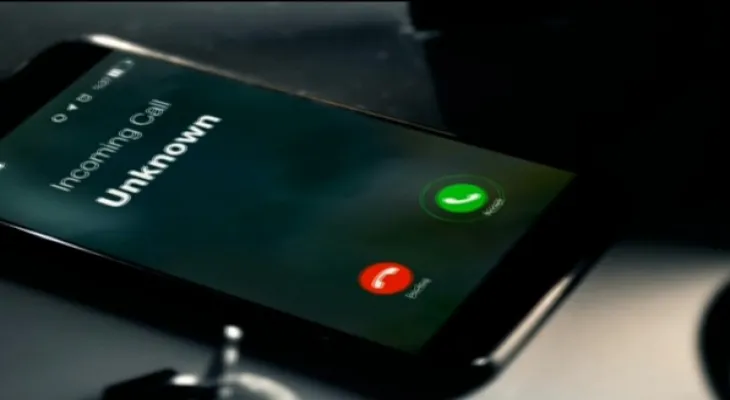Search here
Newspaper
Search here

Arab Canada News
News

Published: September 22, 2023
A woman from Ontario warned others after a scammer impersonating a Service Canada employee convinced her to withdraw $50,000 from her bank account.
Ann Galt from Renfrew, Ontario, told CTV News Toronto on Thursday that she received a strange phone call in August from someone claiming to work with Service Canada.
Galt added, "The woman on the line said my social insurance number had been stolen and that someone was conducting illegal activities using it."
Your social insurance number (SIN) is a government-issued identifier required for work and accessing government programs. It should remain extremely confidential, and if fraudsters gain access to it, they can steal your identity and attempt to access your bank accounts.
Earlier this year, Galt had her personal information compromised – including her SIN – so she said that when the woman called her last month, claiming to be from Service Canada and that her SIN had been stolen, she believed them.
Galt said, "That's part of what made the whole thing believable."
Galt also said the caller advised her to talk to the Ontario Provincial Police (OPP), and during those conversations, her caller ID displayed the OPP phone number, although she now believes that number may have been spoofed to make it look like the police were behind it.
Over the next few weeks, Galt thought she was helping the attorney general investigate her stolen identification number by following instructions to drain her bank account and send money using a Bitcoin machine to accounts she was told would be safe.
As time went on, Galt said she realized she was being scammed, but not before sending the fraudsters over $50,000.
Earlier this year, the Canadian Anti-Fraud Centre (CAFC) issued a warning after scammers sent emails claiming that people's SINs would be terminated within 24 hours.
The center warned, "If you call the number they ask for your SIN and they threaten you that if you don't send the money immediately, you'll be arrested."
For his part, Jeff Horncastle from CAFC said that if you receive a strange call pressuring you and trying to rush you to act, you should step back from the situation to ensure you are not being scammed.
Horncastle said, "Whether you're receiving a phone call, an email, or a text message, if you take some time to do your due diligence and think about it for a bit, you can protect yourself from being a victim."
The Canadian Services Agency advises never to give out your SIN over the phone or in emails. Do not use your SIN as identification and do not carry your SIN with you either. Keep your SIN secure and only disclose it if required by law.
Comments